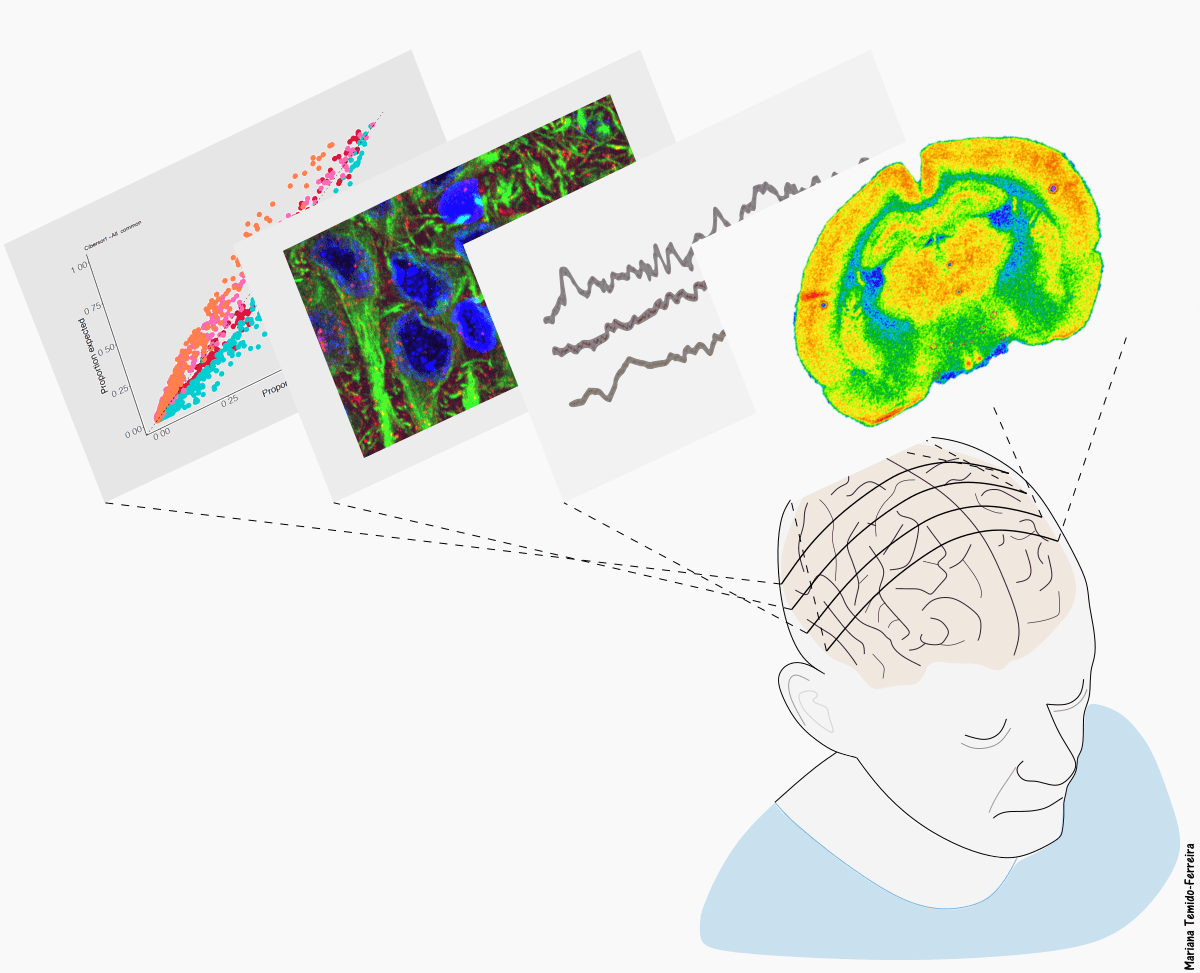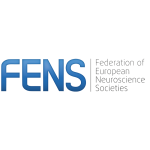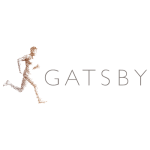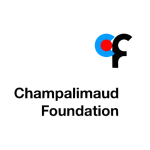Course overview
The normal aging process is associated with reduced performance on cognitive tasks that require one to quickly process or transform information to make a decision, including measures of speed of processing, executive cognitive function, working and relational memories. Structural and functional alterations in the brain correlate with these age-related cognitive changes, such as loss of synapses, and dysfunction of neuronal networks. It is crucial to develop new approaches that consider the whole neuroanatomical, endocrine, immunological, vascular and cellular changes impacting on cognition.
This 3-week course will cover the fundamentals of cognitive aging -including inter-individual differences, cognitive and brain reserve and risk factors- and highlight the newest functional imaging methods to study human brain function. The Faculty will share the state-of-the-art molecular, optical, computational, electrophysiological, behavioral and epidemiological approaches available for studying the aging brain in diverse model systems.
Students will learn the potential and limitations of these methods, through practical experience in a combination of lectures addressing aging in both humans and animal models and hands-on-projects. They will acquire sufficient practical experience to model, design and interpret experiments and brainstorm on novel technologies and hypotheses to explore the aging of the brain using more integrative and creative approaches.
Course directors

Luísa V. Lopes
Course Director
Neurobiology of Ageing & Disease
iMM Lisboa
Portugal

Cheryl L. Grady
Co-director
The Rotman Research Institute, Baycrest
& University Toronto
Canada
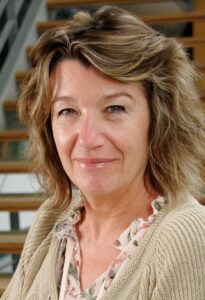
Nora Abrous
Co-director
Neurocentre Magendie
INSERM U 1215 – University of Bordeaux
France
Keynote Speakers
Hélène Amieva – Bordeaux population Health Center, France
Adam Antebi – Max Planck Institute for Biology of Ageing, Germany
Carol Barnes – University of Arizona, USA
Luc Buée – University of Lille, France
Gwenaëlle Catheline – INCIA, Bordeaux, France
Maria Llorens-Martin – Universidad Autonoma Madrid, Spain
Aline Marighetto – Neurocentre Magendie, Bordeaux, France
Lars Nyberg – Umeå University, Sweden
Laure Rondi-Reig – Sorbonne Université, Paris, France
Yaakov Stern – Columbia University, USA
Instructors
Claudia Almeida – CEDOC, UNL, Lisbon, Portugal
Nicolas Blin – Neurocentre Magendie, Bordeaux, France
Vanessa Charrier – Neurocentre Magendie, Bordeaux, France
Joana Coelho – IMM, Lisbon, Portugal
Miguel De la Flor Garcia – Universidad Autónoma de Madrid , Spain
Nicole Etchamendy – Neurocentre Magendie, Bordeaux, France
David Koss – University of New castle, UK
Nuno Morais – IMM, Lisbon, Portugal
Paula Pousinha – IPMC, Nice, France
Miguel Remondes – IMM, Lisbon, Portugal
Jenny Rieck – Baycrest & Univ. Toronto,
Azza Sellami – Neurocentre Magendie, Bordeaux, France
Jean Vincent – Sorbonne Université, Paris, France
Course content
Projects
The following projects are confirmed so far:
- Project 1: Is lysosome dysfunction a mechanism of synapse aging?
- Project 2: Physiological signatures of cognitive aging
- Project 3: Recording neuronal activity on hippocampal slices from aged mice
- Project 4: Inter-individual variability of declarative memory decline in healthy aging: a brain network analysis in humans based on a virtual radial-maze task.
- Project 7: Immunohistochemistry on brain tissue obtained from aged humans and rodents
- Project 8: Unveiling the transcriptomic signatures of human brain ageing
- Project 9: In vivo optogenetic to manipulate adult neurogenesis
- Project 10: Inducing Neurons (iNs) from human fibroblasts to preserved the cellular synaptic ageing-signature
- Project 11 and 12: Inter-individual variability of declarative memory decline in healthy aging: a brain network analysis in mice on a radial-maze task.
- Project 13 and 14: Quantification of cortical DNA damage in age-associated neurodegenerative diseases.
For more information on projects and techniques which will be taught at the course, download the projects list.
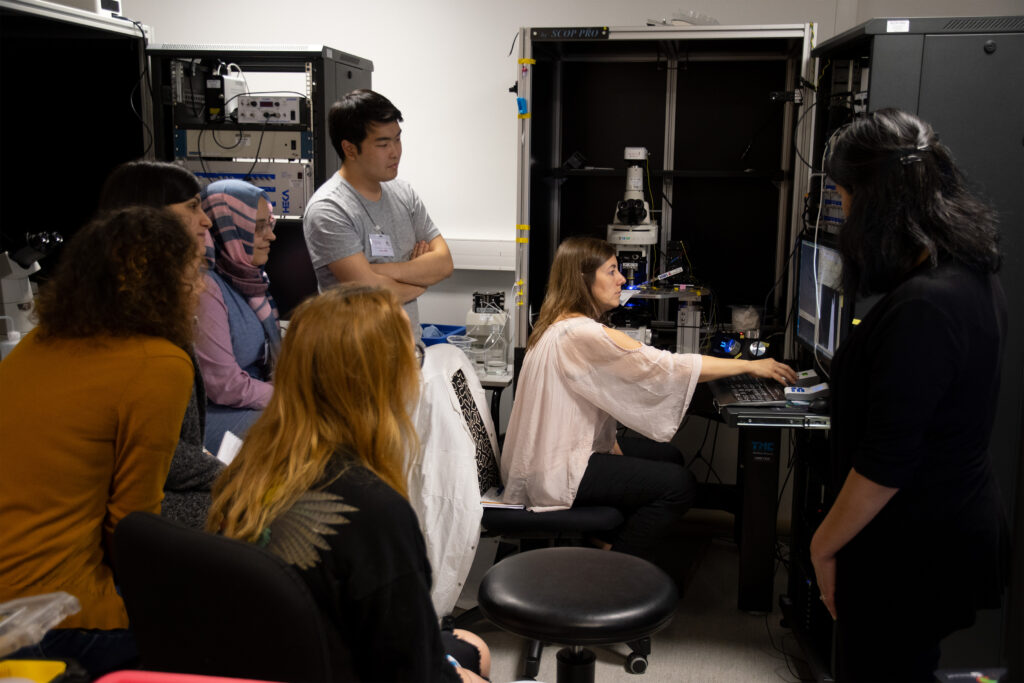
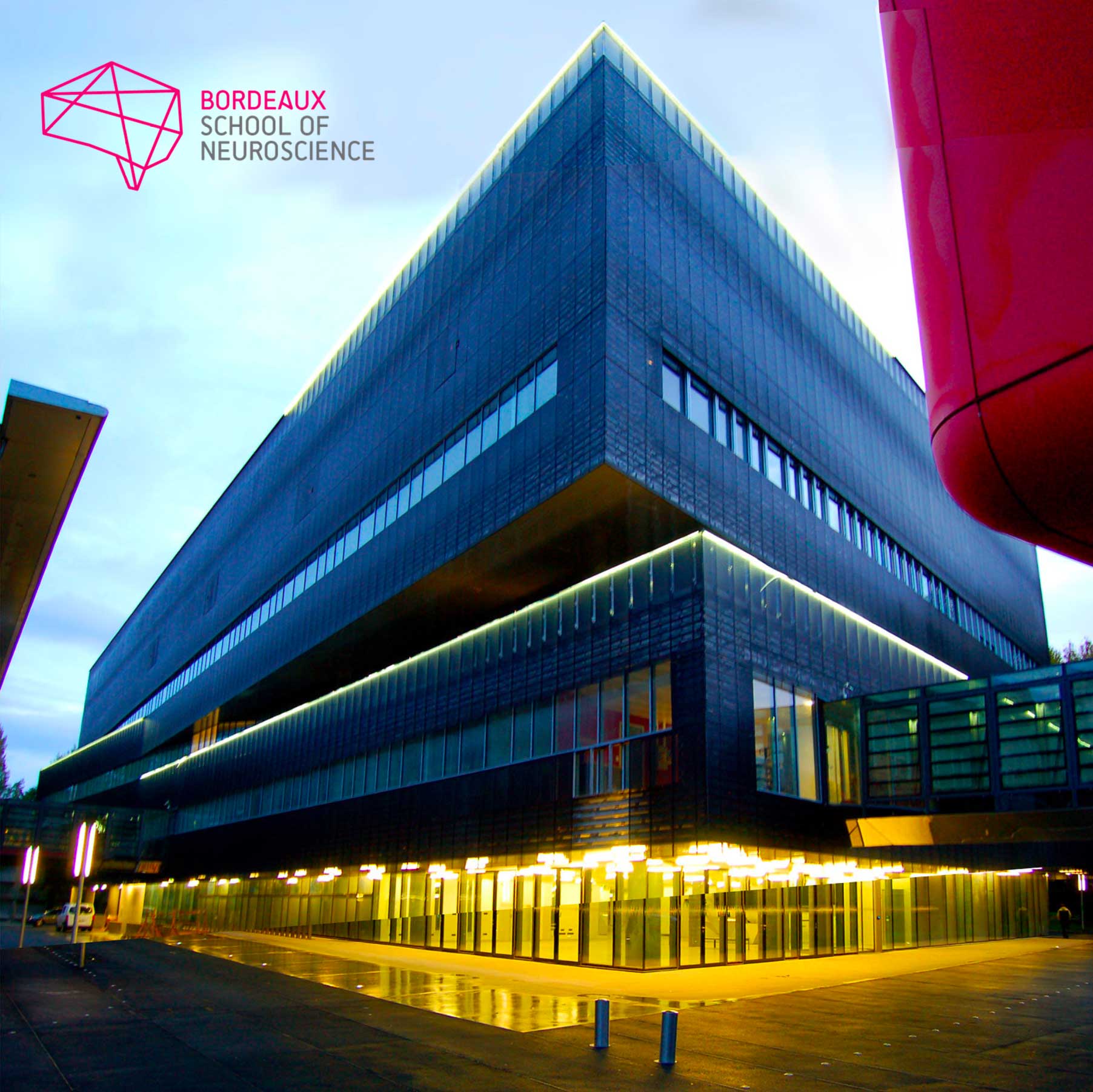
Bordeaux School of Neuroscience, France
The Bordeaux School of Neuroscience is part of Bordeaux Neurocampus, the Neuroscience Department of the University of Bordeaux. Christophe Mulle, its current director, founded it in 2015. Throughout the year, renowned scientists, promising young researchers and many students from any geographical horizon come to the School.
The school works on this principle: training in neuroscience research through experimental practice, within the framework of a real research laboratory.
Facilities
Their dedicated laboratory (500m2), available for about 20 trainees, is equipped with a wet lab, an in vitro and in vivo electrophysiology room, IT facilities, a standard cellular imaging room, an animal facility equipped for behavior studies and surgery and catering/meeting spaces. They also have access to high-level core facilities within the University of Bordeaux. They offer their services to international training teams who wish to organize courses in all fields of neuroscience thanks to a dedicated staff for the full logistics (travels, accommodation, on-site catering, social events) and administration and 2 scientific managers in support of the experimentation.
Registration
Fee : 3.500 € (includes tuition fee, accommodation and meals)
Application closed on 21 June 2021
The CAJAL programme offers 4 stipends per course (waived registration fee, not including travel expenses). Please apply through the course online application form. In order to identify candidates in real need of a stipend, any grant applicant is encouraged to first request funds from their lab, institution or government.
Kindly note that if you benefited from a Cajal stipend in the past, you are no longer eligible to receive this kind of funding. However other types of funding (such as partial travel grants from sponsors) might be made available after the participants selection pro- cess, depending on the course.

